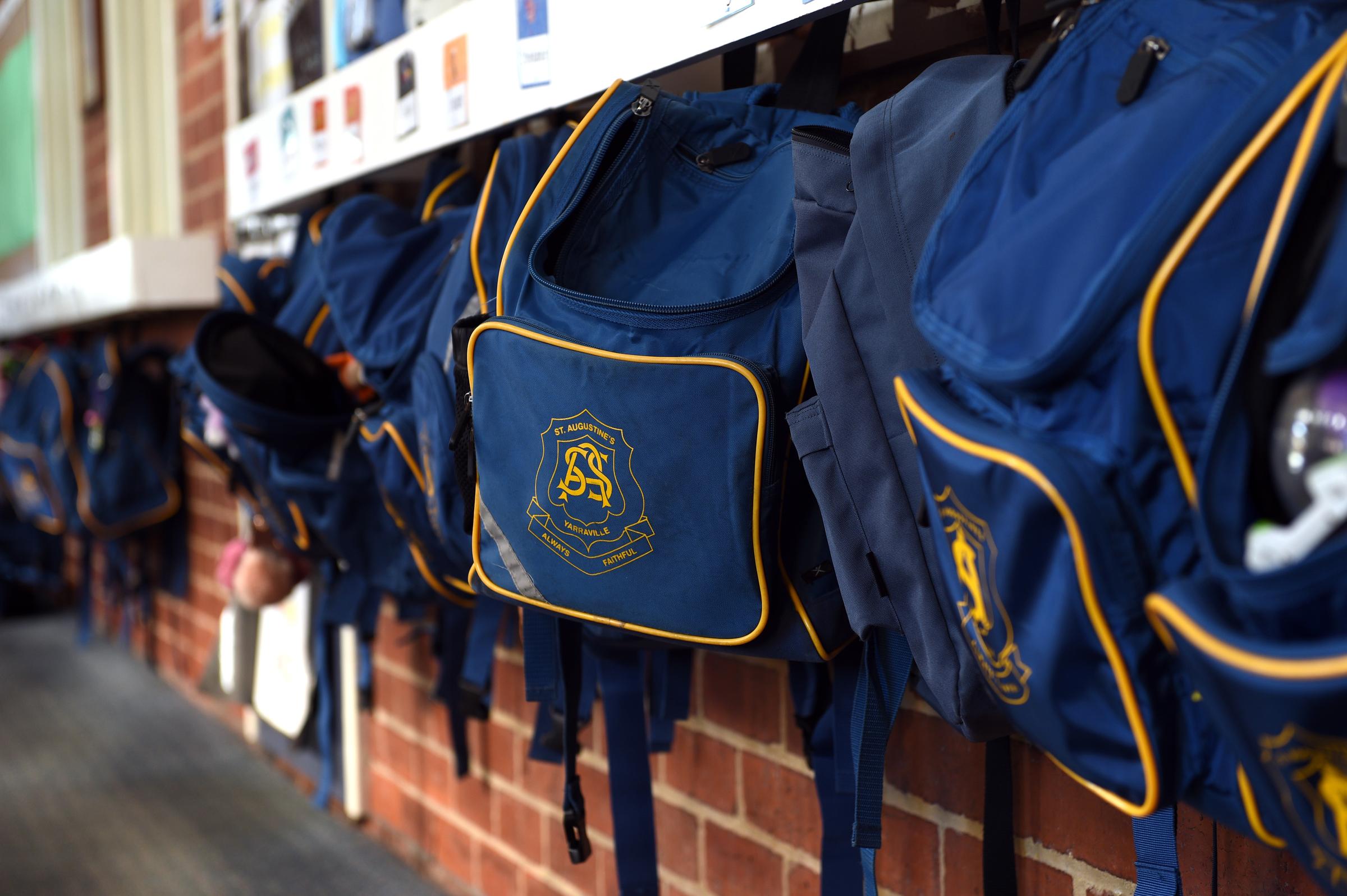Classroom & Curriculum News

RESPECTFUL RELATIONSHIPS
As educators we share a common purpose - to provide our students with an education that gives each child the best start to a happy, healthy and prosperous life.
Everyone in our community deserves to be respected, valued, and treated equally. We know that changes in attitudes and behaviours can be achieved when positive attitudes, behaviours and equality are embedded in our education settings.
Respectful Relationships is about embedding a culture of respect and equality across our entire community, from our classrooms to staffrooms, sporting fields, fetes and social events. This approach leads to positive impacts on student’s academic outcomes, their mental health, classroom behaviour, and relationships between teachers and students.
Together, we can lead the way in saying yes to respect and equality and creating genuine and lasting change so that every child has the opportunity to achieve their full potential.
The learning materials cover eight topics of Social and Emotional Learning in term 1 each class will cover:
Topic 1: Emotional Literacy- Emotional literacy can be defined as the ability to understand ourselves and other people. It includes the ability to understand, express and manage our own emotions, build empathy, and to respond appropriately to the emotions of others. Building a large vocabulary for emotions helps to increase emotional literacy and build self-awareness and empathy for others.
Once each class has worked through topic 1, they will then start on
Topic 2: Personal Strengths- Children and young people need a vocabulary to help them recognise and understand strengths and positive qualities in themselves and others. This topic provides learning activities to build this vocabulary and to use it when discussing personal, social and ethical challenges. Research in the field of positive psychology emphasises the importance of identifying and using individual strengths. Social and emotional learning programs which use strength-based approaches promote student wellbeing, positive behaviour and academic achievement.
